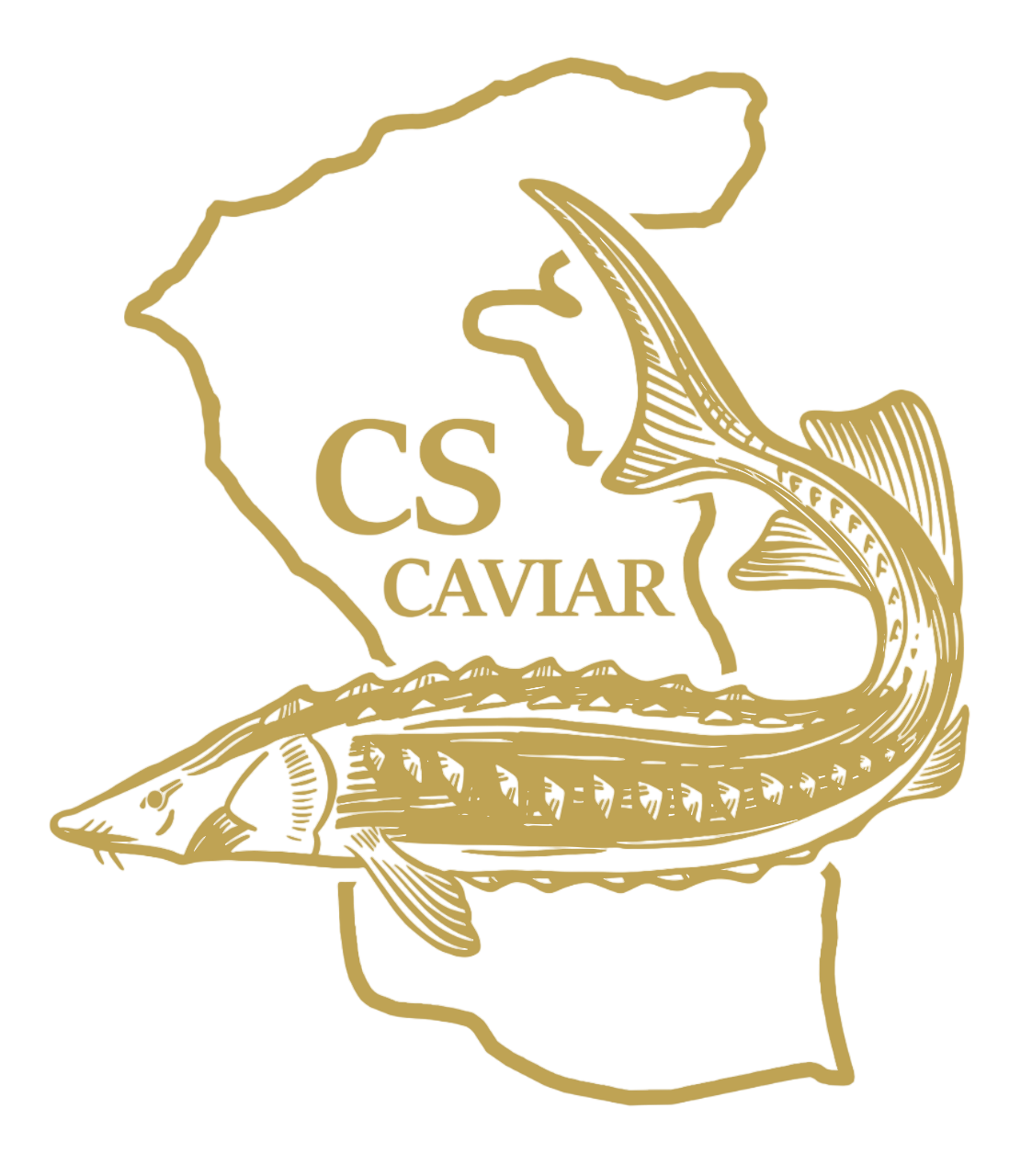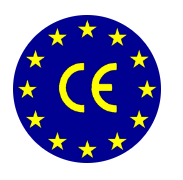Pregnancy is a time when a woman needs to be extra careful about her diet and nutrition. It is important to eat a well-balanced diet that provides all the necessary nutrients for the healthy growth and development of the fetus. Caviar is a delicacy that is enjoyed by many, but is it safe to eat during pregnancy?
Caviar, which is made from the eggs of sturgeon fish, is a rich source of protein, omega-3 fatty acids, and other essential nutrients. These nutrients are important for the healthy development of the fetus and can help prevent certain pregnancy complications such as preterm birth and low birth weight.
However, pregnant women need to be cautious when consuming caviar as it may contain high levels of mercury, which can be harmful to the developing fetus. Mercury is a toxic substance that can cause developmental problems in the fetus and has been linked to cognitive and behavioral problems in children.
To minimize the risk of consuming high levels of mercury, pregnant women should limit their intake of caviar and other types of fish that are high in mercury. The FDA recommends that pregnant women consume no more than 8-12 ounces of fish per week, and that they avoid eating shark, swordfish, king mackerel, and tilefish, which are known to contain high levels of mercury.
While caviar is a relatively safe food to eat during pregnancy, it is important to ensure that it is properly prepared and stored to avoid the risk of foodborne illness. Pregnant women should only consume caviar that has been properly refrigerated and stored at the correct temperature. They should also avoid consuming caviar that has been pasteurized, as this can reduce the nutritional value of the product.
In addition to its nutritional benefits, caviar can also be a tasty addition to a pregnancy diet. It can be enjoyed on its own or used as a topping for crackers, bread, or other foods. However, it is important to remember that caviar is a luxury food item and can be quite expensive, so it may not be a practical choice for everyone.
In summary, caviar can be a safe and nutritious food choice for pregnant women when consumed in moderation and prepared properly. It is important for pregnant women to be aware of the potential risks associated with consuming high levels of mercury, and to limit their intake of caviar and other types of fish that may contain high levels of this toxic substance.
It is also important for pregnant women to follow a well-balanced diet that provides all the necessary nutrients for the healthy growth and development of the fetus. This may include consuming a variety of fruits, vegetables, whole grains, lean proteins, and low-fat dairy products.
In conclusion, while caviar can be a delicious and nutritious addition to a pregnancy diet, it is important to consume it in moderation and take necessary precautions to ensure its safety. By following these guidelines, pregnant women can enjoy the many benefits of caviar without exposing themselves or their developing fetus to unnecessary risks.





